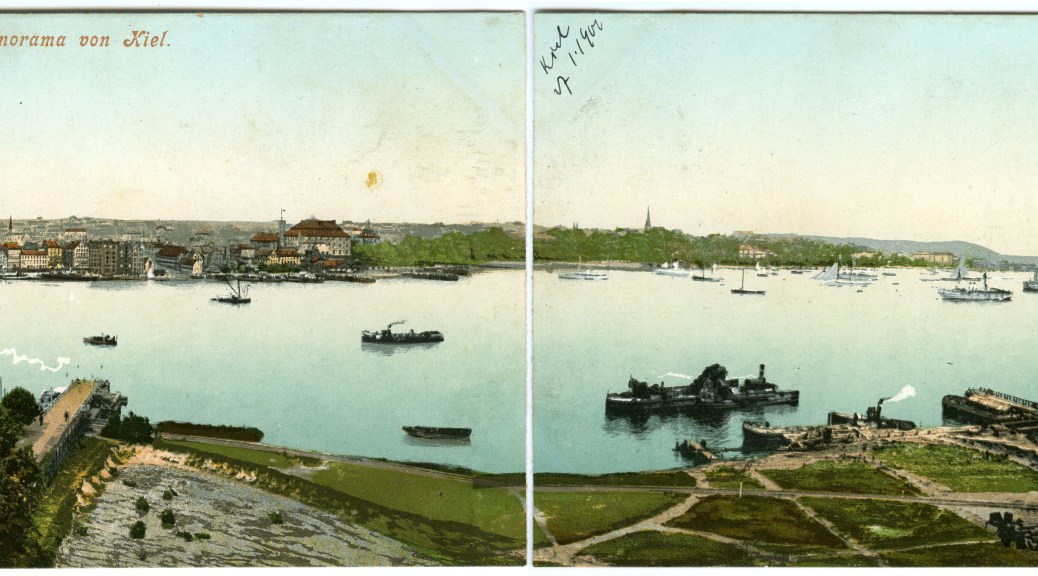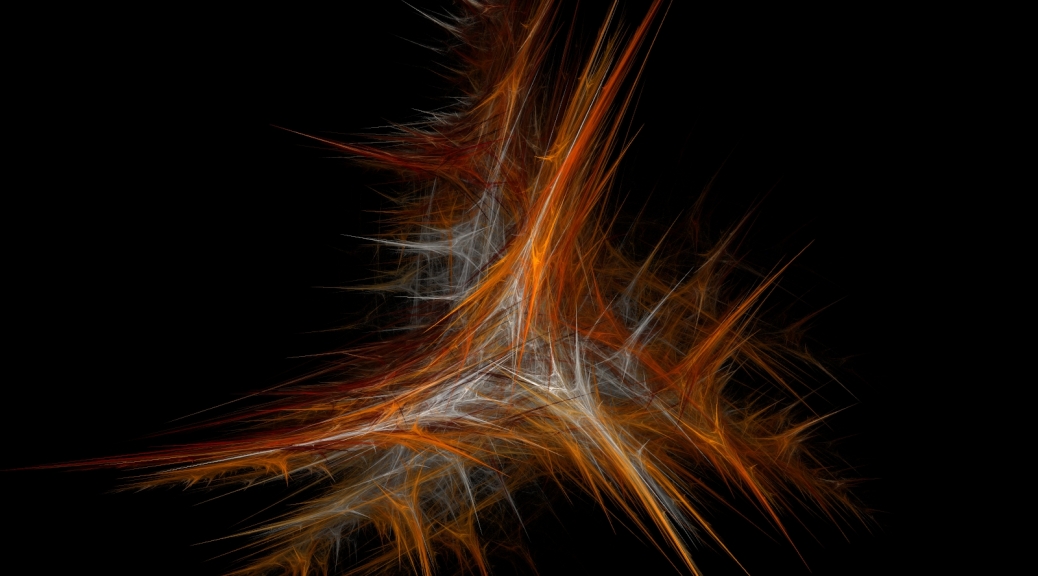Our colleagues from Barcelona are organising a two-day workshop on the challenges of relating formal models (not only ABMs but other types of simulation and computational models as well) to the archaeological data. See below for an extended summary. The deadline for abstract submission has been extended to 25th April. For more information, check out their website.
—————————————————————————————————
Aim
The last decade saw a rapid growth of quantitative and computational methods apt to analyse long-term cultural and biological processes. In particular, the wide diffusion of agent-based simulation platforms and the enhanced accessibility of computer-intensive statistical analyses are offering the possibility to replace explanations based on natural language with formal models.
While these advances are providing powerful tools that are enabling us to tackle old and new research questions, their use is rarely coupled with appropriate epistemological discussions on how to ultimately relate the model to the data. Problems such as the choice of an appropriate statistic describing the empirical record, the balance between parsimony, complexity, and goodness-of-fit, the integration of taphonomic and sampling biases, or the inferential framework for selecting or rejecting alternative hypotheses rarely occupy the spotlight. In the case of simulation models, discussions are often limited to the model-building stage, and comparisons between prediction and observation are too often qualitative and not supported by sufficient statistical rigour. Yet this is the fundamental step that enables us to evaluate our models. In historical sciences, where the challenges imposed by the nature and the quality of our samples is at its greatest, this issue deserves more discussions and solutions. We believe that this is a critical issue that transcends the specific used in each discipline and cannot be dismissed as a challenge for statisticians.
We invite experts at different stage of this endeavour, sharing the same challenge of evaluating archaeological, historical, and anthropological model to the empirical evidence. We welcome the widest range of expertise (e.g. agent-based simulation, phylogenetics, network analysis, Bayesian inference, etc.) in order to promote the cross-fertilisation of techniques, as well as to engage into deeper theoretical and methodological discussions that transcends the specific of a given geographical and historical context. Participants will present examples showcasing problems (and solutions) on a variety of topics, including: uncertainty in the observed data, parameter search and estimation, model reusability and reproducibility, and more broadly applications of hypothesis testing and model-comparison frameworks in archaeology, anthropology, and history.
Call For Papers
Abstract Deadline: 25th April 2016
Abstract Length : max 300 words
Please submit via email to the address simulpast@gmail.com with the subject: “WK-Empirical Challenge”
Image source: https://en.wikipedia.org/wiki/Palau_de_la_Música_Catalana#/media/File:Palau_-_Vitrall_platea.jpg


